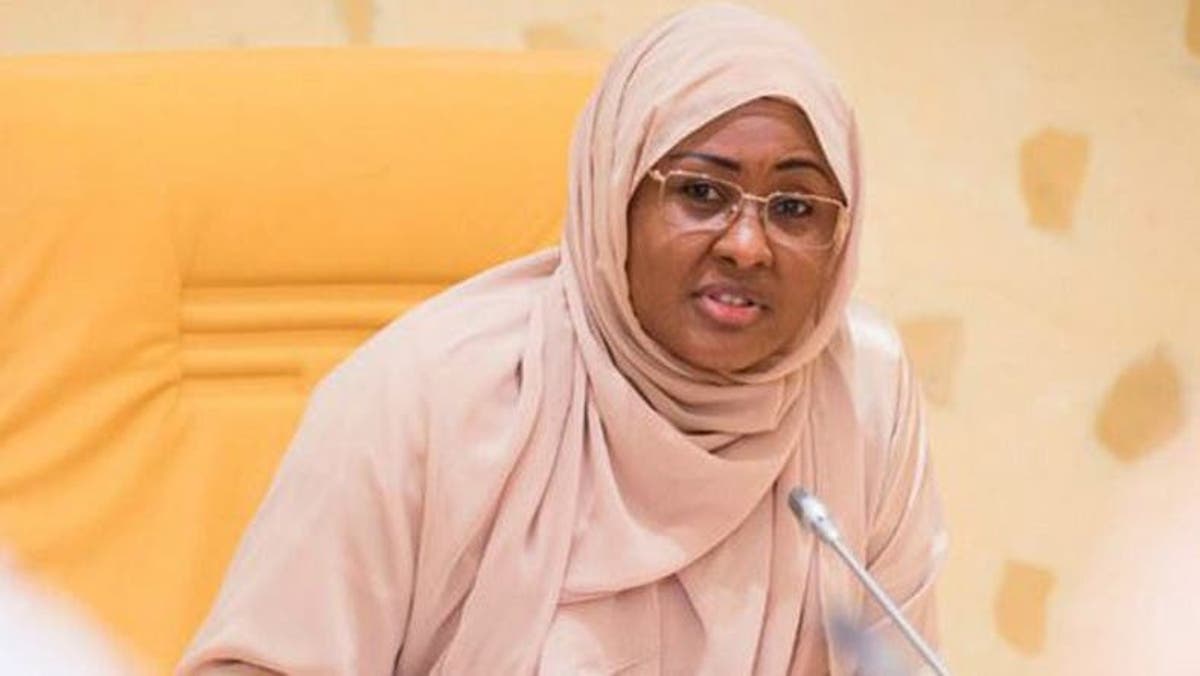Uncategorized
Why First Lady’s Office Should Be Institutionalized ― Aisha Buhari’s Summit

The Summit on Emerging Trends in the Role of the First Lady in National Development organized by the Office of the First Lady. Mrs. Aisha Buhari in collaboration with Women and National Development (WAND) has recommended institutionalizing the office of the wife of the president and her counterparts at state levels given their achievements.
The recommendation was contained in a communique issued at the end of the summit and made available to the media on Saturday, was signed by Dr. Batsy Obaseki First Lady, Edo State (Summit Chair) and Dr. Hajo Sani, Senior Special Assistant to the President on Administration and Women Affairs, Office of the First Lady.
According to the communique, the Summit identified several strengths, weaknesses, opportunities and threats associated with the position of the First Lady, discussed their impact on those occupying the position before coming up with its recommendations.
It stated: “Summit affirmed the tremendous achievements made by Her Excellency Dr Aisha Buhari, her predecessors, and Wives of the State Governors in Nigeria and resolved that policy and administrative measures are required at National and State levels to formally accommodate the existence of this indispensable office as a complement to inclusive governance. This will also foster more accountability and transparency in governance.
“Summit encouraged every First Lady to champion an issue or a cause. It was also noted that projects should be structured as sustainable Legacy Projects and not programs that will fold after the initiator leaves office.
“Summit advised that First Ladies should be focused, passionate, knowledgeable and resourceful and engage in projects that are impactful
READ ALSO: 81 Students Bag First Class Degrees At Bells University
“Summit suggested that First Ladies be more visible in order to highlight their contributions and showcase how important their leadership is at national and sub-national level
“Summit discussed the dismal numbers of women in leadership and decision-making in Nigeria, and challenged First Ladies to serve as mentors and champions in order to open doors for more women in public life.
“Summit raised the importance of First Ladies as role models for women and youth. To this end, and in order to avoid negative perceptions and stereotypes, First Ladies were encouraged to live up to expectations by being approachable and inclusive.”
The Summit also pointed out that projects implemented by First Ladies should not be referred to as ‘Pet Projects’ because such terminology trivializes the importance of the initiatives.
It urged First Ladies to support advocacy initiatives that will facilitate laws and policies to ensure lasting institutional change to tackle key social issues such as Gender-Based Violence, Health, Education of the Girl-Child and other important issues.
The Summit highlighted the importance of more research, data, and information on the roles and impact of First Ladies who were also advised to document their work and share their experiences.
It called for partnerships with government agencies, civil society, and development partners to strengthen and scale up the work of First Ladies.
Also, it stressed the need for a culture of continuity in governance, noting that efforts should be made to sustain worthwhile social intervention programs initiated by First Ladies, as “not everything needs to be thrown away when governments change.”
The Summit agreed that there should be mentoring and orientation programs for First Ladies as well as ongoing learning and knowledge sharing, saying that it will foster a greater understanding of expectations, norms, and values that will make the role easier.
The Summit participants “confirmed that without a doubt, First Ladies in Nigeria have contributed significantly to national development.”
The Summit concluded: “In spite of all the limitations that they have faced, they have continued to be a reliable means of grassroots mobilisation, community engagement, and advocacy on behalf of the voiceless and vulnerable.
“Nigeria, therefore, needs to move with the times and formally acknowledge this critical role. This will enable more accountability and provide an opportunity for worthwhile initiatives to be sustained for the benefit of the people.”
And For More Nigerian News Visit GWG.NG

